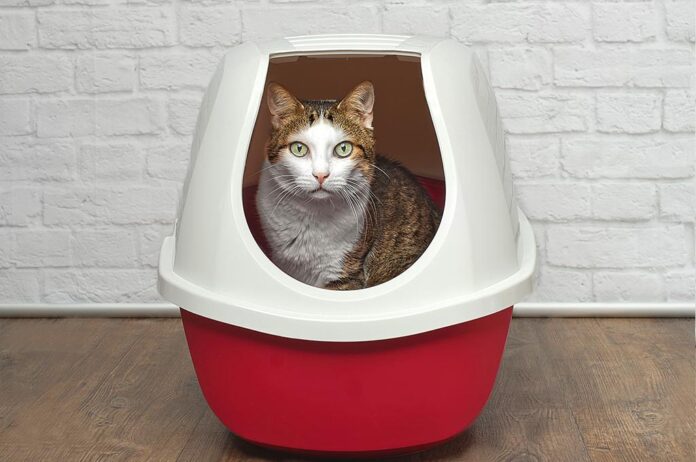A Heartbreaking Issue Leading to Cat Surrenders
Inappropriate urination in cats is a distressing issue that, unfortunately, ranks as the number one reason why people part ways with their beloved feline companions. This heartbreaking reality emphasizes the importance of understanding and addressing this problem promptly. By implementing a few practical strategies and working closely with your veterinarian, it is possible to overcome this challenge and preserve the special bond you share with your cat.
Maintain a Clean Litter Box:
One of the primary reasons cats may urinate outside the litter box is due to an unclean or unpleasant environment. Ensure you clean the litter box daily, removing waste promptly. Regular scooping helps maintain cleanliness and encourages cats to use the litter box consistently.
Choose the Right Litter:
The type of litter you select can significantly impact your cat’s litter box habits. Clay clumping litter is often preferred by cats due to its texture and odor absorption properties. Experiment with different brands to find the one that your feline companion prefers, as their preferences may vary.
Provide Sufficient Litter Boxes:
To avoid competition or territorial disputes, it is essential to provide an adequate number of litter boxes. The general rule of thumb is to have one litter box per cat in the household, plus one additional box. This arrangement allows each cat to have their private space and reduces the likelihood of inappropriate elimination. For multi-story homes, it is recommended to have at least one litter box on each level. This accessibility ensures that your cat doesn’t feel deterred from using the litter box due to distance or inconvenience. Easy access to a litter box on every floor promotes consistent litter box use and reduces accidents.
Rule Out Medical Causes:
Inappropriate urination may also be a symptom of an underlying medical condition, such as urinary tract infections, bladder stones, or kidney disease. If you notice changes in your cat’s litter box behavior, it is crucial to consult with your veterinarian. They can perform a thorough examination and recommend appropriate diagnostic tests to rule out any medical causes.
Behavioral Solutions:
When medical causes have been ruled out, inappropriate urination is possibly a behavioral issue. Use your veterinarian as a valuable partner in addressing this problem. They may recommend behavioral modifications or suggest calming medications to help alleviate stress or anxiety contributing to the behavior.
Conclusion:
Inappropriate urination in cats is a heart-wrenching problem that frequently results in cats being surrendered or abandoned. Know that you have a partner in solving this problem in your veterinarian, who will help develop a tailored plan which can help address the underlying issues and restore harmony to your home. By taking proactive steps, you can help promote a healthy relationship with your feline friend for years to come.






















